What Are The Different Kinds Of Pool Covers?
A serene aquamarine expanse in your backyard can make memories, but it can also come with its share of responsibilities. Pool maintenance is an ongoing commitment that is not just about keeping the water pristine but also about protecting the investment you've made in your home. This is where pool covers step into the picture. They're not just a poolside accessory—pool covers are essential in maintaining the health of your pool and ensuring it remains an asset to your home. In this comprehensive guide, we'll plunge into the different types of pool covers, the advantages they offer, and how to choose the right one for your personal oasis.
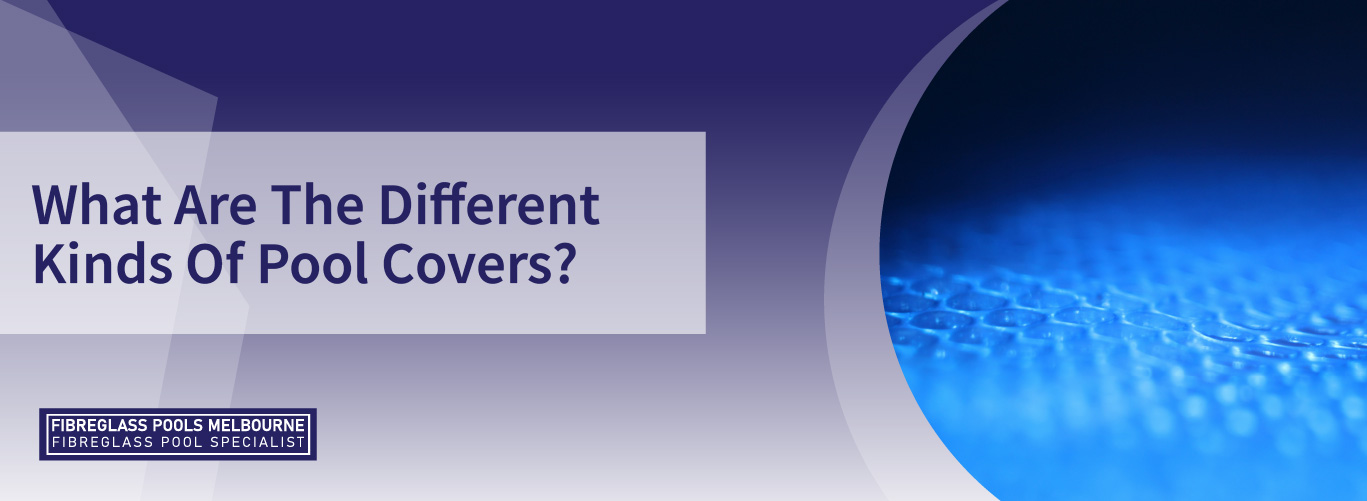
Types of Pool Covers
When it comes to pool covers, one size definitely does not fit all. Each type comes with its own set of features tailored to suit specific purposes. Here are the four fundamental varieties of pool covers you may encounter.
Solar Covers
Sometimes referred to as “bubble covers” due to their resemblance to bubble wrap, solar covers are designed to harness the power of the sun. They employ a series of air pockets that not only float on the pool’s surface but also trap heat and minimise evaporation. This type of pool cover can significantly extend your swimming season by maintaining the water’s temperature and reducing chemical usage.
Winter Covers
Winter covers are the heavy-duty answer to protecting your pool during the off-season. Typically crafted from a strong, durable material like vinyl, they ensure that your pool remains debris-free and is not contaminated during the winter months or extended non-use periods. They are usually secured with water tubes, blocks, or cables and offer a solid barrier against the elements.
Safety Covers
True to their name, safety covers are engineered to guarantee the physical safety of the pool area when not in use. Mesh or solid in construction, these covers are supported by a system of anchors that are drilled into the decking around the pool. This type of cover prevents accidental submersion, acts as a shield from debris, and also helps to keep children and pets from falling into the pool.
Automatic Covers
Automatic pool covers are the epitome of convenience. Operated by a motor and a series of tracks installed on either side of the pool, they can be opened or closed with the push of a button. Known for their tight fit, these covers excel in heat retention and evaporation prevention. However, they require precise installation and regular maintenance to ensure their longevity and proper function.
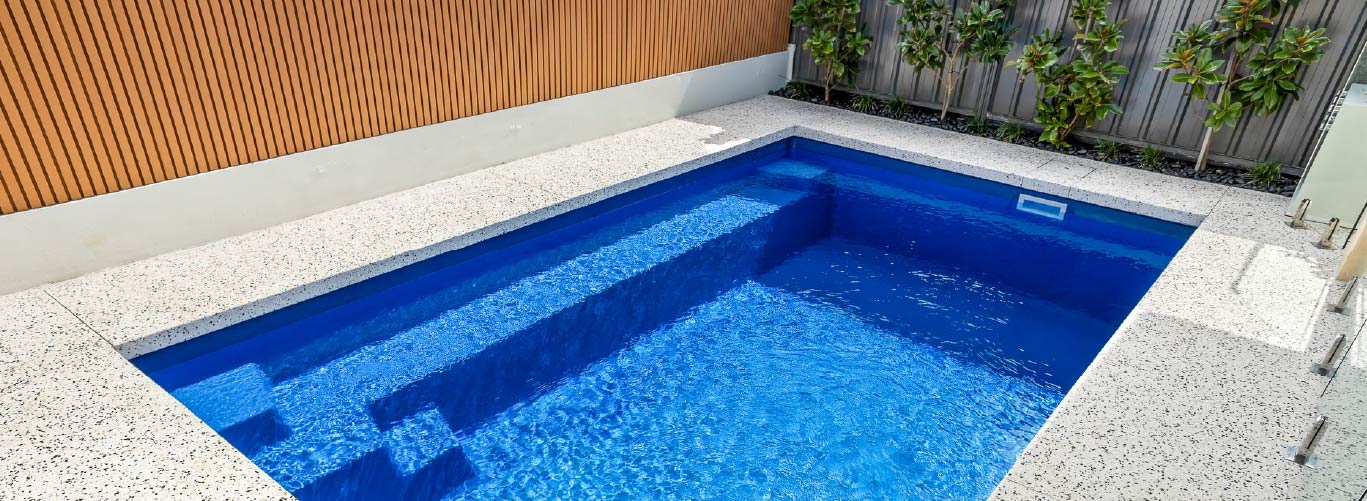
Types of Pool Covers
The beauty of pool covers lies in the multifaceted advantages they offer. From energy efficiency to safety enhancements, the investment in a quality cover can pay dividends over time.
Energy Efficiency
Solar covers and automatic covers are champions of energy efficiency. By keeping the water warmer for longer, they reduce the need for electric or gas-powered pool heaters. This means lower energy bills, less environmental impact, and a guilt-free extended swim season.
Reduced Maintenance
The less debris that makes its way into your pool, the less time you’ll spend skimming and vacuuming. Winter and safety covers act as a shield against leaves, twigs, and whatever else nature throws your way. This reduction in maintenance not only saves time but also extends the lifespan of pool equipment and chemical balances.
Safety and Security
The peace of mind that a safety cover can provide, particularly for households with young children or pets, is invaluable. Pool covers can prevent accidents and provide an extra layer of safety beyond traditional barriers like fences.
Water Conservation
Evaporation is the silent thief of pool water, causing you to refill your pool more frequently. By keeping water loss to a minimum, pool covers contribute to water conservation efforts. For areas prone to drought or with water usage regulations, this can be crucial.
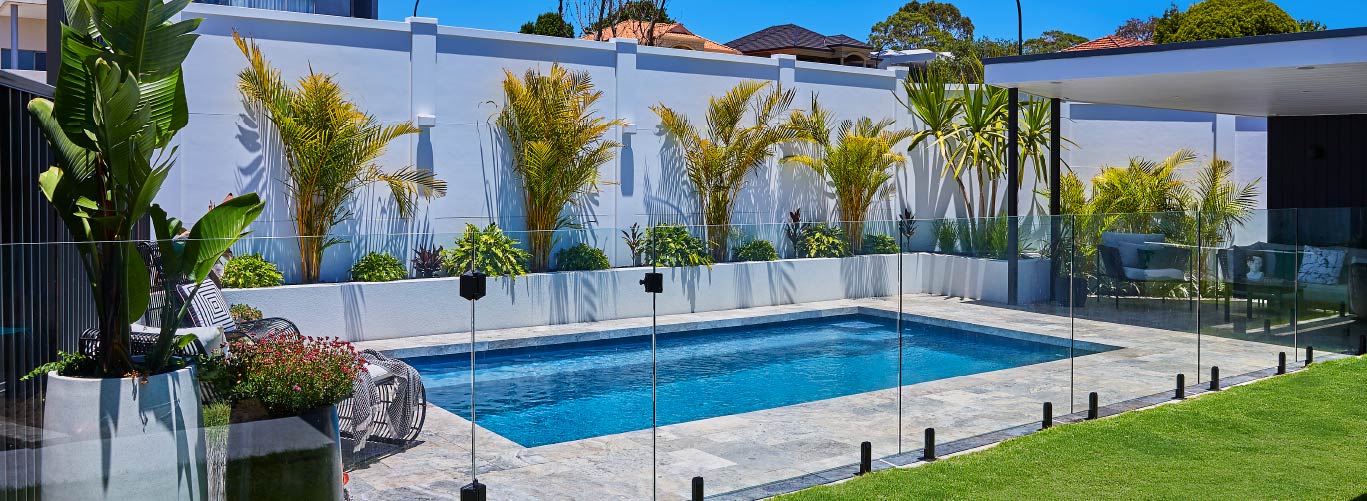
Choosing the Right Pool Cover
Selecting the appropriate pool cover doesn’t have to feel like navigating without a compass. By considering your specific needs and the attributes of each cover type, you can make an informed decision that will serve you well.
Factors to Consider
Start by evaluating your primary reason for needing a pool cover. Are you motivated by energy savings, safety, or keeping the pool clean during autumn and winter? Your climate and location will also play a role. For example, if you’re located in a sunny area, a solar cover might provide the most benefit. Alternatively, safety covers could be the priority if you have small children or pets.
Matching Cover Types to Needs
Matching the cover to your specific requirements is crucial. If you’re looking to primarily reduce evaporation and aid in heating, a solar cover is the best fit. For comprehensive offseason protection from the elements, a robust winter cover is the way to go. In situations demanding a year-round solution, an automatic cover could be the ideal blend of protection and convenience.
Installation and Maintenance Tips
A pool cover is only as good as its installation and subsequent maintenance. Here are some essential tips to ensure your pool cover serves you well throughout its lifespan.
Proper Installation Practices
Every type of cover has a standard protocol for installation. Ensure that you follow the manufacturer’s guidelines to the letter to avoid any future issues. Pay special attention to the anchor points, fasteners, and any moving parts if you have an automatic cover.
Maintenance Guidelines for Each Type
Maintenance requirements vary for each pool cover type. Regularly cleaning off debris and ensuring there is no standing water on top of your winter cover can prevent damage and ensure longevity. For safety covers, it’s important to check the integrity of the mesh or material on a regular basis to address any tears or wear. Automatic covers will need periodic lubrication and servicing of the motor and tracks.
Conclusion
In the realm of home pool ownership, a quality pool cover serves as a silent protector—guarding against nature’s elements and unforeseen accidents. By investing in the right pool cover, you can enjoy a litany of benefits ranging from cost savings to environmental stewardship. Remember to carefully assess your needs, select the appropriate type of cover, and give it the care and attention it deserves. Your fibreglass pool will thank you with years of crystal-clear, inviting waters—a beacon of relaxation and fun for you, your family, and your friends. If you’re ready to secure your backyard oasis, it’s time to take the plunge and explore the diverse range of pool covers. Your adventures in pool ownership are just a cover away with Fibreglass Pools Melbourne.
What Are The Different Kinds Of Pool Covers?
A serene aquamarine expanse in your backyard can make memories, but it can also come with its share of responsibilities. Pool maintenance is an ongoing commitment that is not just about keeping the water pristine but also about protecting the investment you've made in your home. This is where pool covers step into the picture. They're not just a poolside accessory—pool covers are essential in maintaining the health of your pool and ensuring it remains an asset to your home. In this comprehensive guide, we'll plunge into the different types of pool covers, the advantages they offer, and how to choose the right one for your personal oasis.
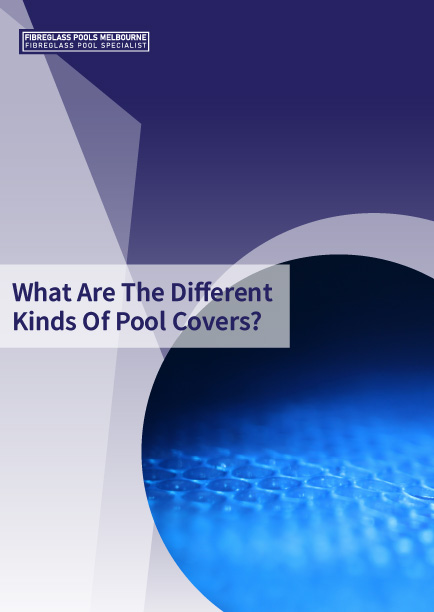
Types of Pool Covers
When it comes to pool covers, one size definitely does not fit all. Each type comes with its own set of features tailored to suit specific purposes. Here are the four fundamental varieties of pool covers you may encounter.
Solar Covers
Sometimes referred to as “bubble covers” due to their resemblance to bubble wrap, solar covers are designed to harness the power of the sun. They employ a series of air pockets that not only float on the pool’s surface but also trap heat and minimise evaporation. This type of pool cover can significantly extend your swimming season by maintaining the water’s temperature and reducing chemical usage.
Winter Covers
Winter covers are the heavy-duty answer to protecting your pool during the off-season. Typically crafted from a strong, durable material like vinyl, they ensure that your pool remains debris-free and is not contaminated during the winter months or extended non-use periods. They are usually secured with water tubes, blocks, or cables and offer a solid barrier against the elements.
Safety Covers
True to their name, safety covers are engineered to guarantee the physical safety of the pool area when not in use. Mesh or solid in construction, these covers are supported by a system of anchors that are drilled into the decking around the pool. This type of cover prevents accidental submersion, acts as a shield from debris, and also helps to keep children and pets from falling into the pool.
Automatic Covers
Automatic pool covers are the epitome of convenience. Operated by a motor and a series of tracks installed on either side of the pool, they can be opened or closed with the push of a button. Known for their tight fit, these covers excel in heat retention and evaporation prevention. However, they require precise installation and regular maintenance to ensure their longevity and proper function.
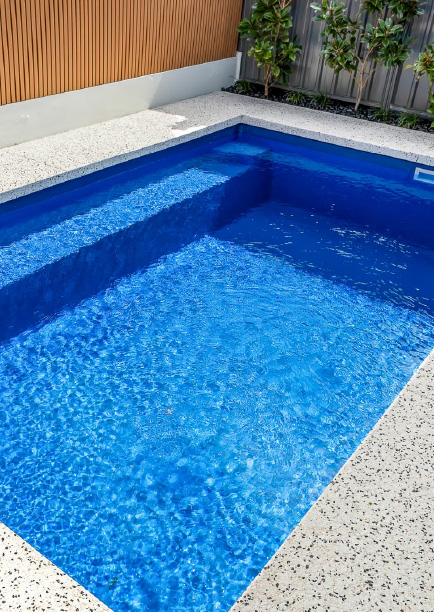
Types of Pool Covers
The beauty of pool covers lies in the multifaceted advantages they offer. From energy efficiency to safety enhancements, the investment in a quality cover can pay dividends over time.
Energy Efficiency
Solar covers and automatic covers are champions of energy efficiency. By keeping the water warmer for longer, they reduce the need for electric or gas-powered pool heaters. This means lower energy bills, less environmental impact, and a guilt-free extended swim season.
Reduced Maintenance
The less debris that makes its way into your pool, the less time you’ll spend skimming and vacuuming. Winter and safety covers act as a shield against leaves, twigs, and whatever else nature throws your way. This reduction in maintenance not only saves time but also extends the lifespan of pool equipment and chemical balances.
Safety and Security
The peace of mind that a safety cover can provide, particularly for households with young children or pets, is invaluable. Pool covers can prevent accidents and provide an extra layer of safety beyond traditional barriers like fences.
Water Conservation
Evaporation is the silent thief of pool water, causing you to refill your pool more frequently. By keeping water loss to a minimum, pool covers contribute to water conservation efforts. For areas prone to drought or with water usage regulations, this can be crucial.
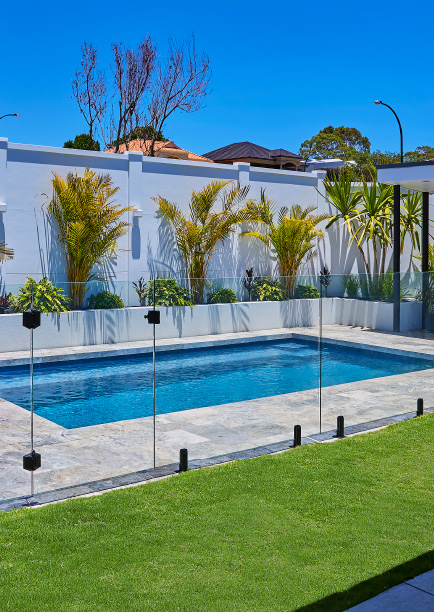
Choosing the Right Pool Cover
Selecting the appropriate pool cover doesn’t have to feel like navigating without a compass. By considering your specific needs and the attributes of each cover type, you can make an informed decision that will serve you well.
Factors to Consider
Start by evaluating your primary reason for needing a pool cover. Are you motivated by energy savings, safety, or keeping the pool clean during autumn and winter? Your climate and location will also play a role. For example, if you’re located in a sunny area, a solar cover might provide the most benefit. Alternatively, safety covers could be the priority if you have small children or pets.
Matching Cover Types to Needs
Matching the cover to your specific requirements is crucial. If you’re looking to primarily reduce evaporation and aid in heating, a solar cover is the best fit. For comprehensive offseason protection from the elements, a robust winter cover is the way to go. In situations demanding a year-round solution, an automatic cover could be the ideal blend of protection and convenience.
Installation and Maintenance Tips
A pool cover is only as good as its installation and subsequent maintenance. Here are some essential tips to ensure your pool cover serves you well throughout its lifespan.
Proper Installation Practices
Every type of cover has a standard protocol for installation. Ensure that you follow the manufacturer’s guidelines to the letter to avoid any future issues. Pay special attention to the anchor points, fasteners, and any moving parts if you have an automatic cover.
Maintenance Guidelines for Each Type
Maintenance requirements vary for each pool cover type. Regularly cleaning off debris and ensuring there is no standing water on top of your winter cover can prevent damage and ensure longevity. For safety covers, it’s important to check the integrity of the mesh or material on a regular basis to address any tears or wear. Automatic covers will need periodic lubrication and servicing of the motor and tracks.
Conclusion
In the realm of home pool ownership, a quality pool cover serves as a silent protector—guarding against nature’s elements and unforeseen accidents. By investing in the right pool cover, you can enjoy a litany of benefits ranging from cost savings to environmental stewardship. Remember to carefully assess your needs, select the appropriate type of cover, and give it the care and attention it deserves. Your fibreglass pool will thank you with years of crystal-clear, inviting waters—a beacon of relaxation and fun for you, your family, and your friends. If you’re ready to secure your backyard oasis, it’s time to take the plunge and explore the diverse range of pool covers. Your adventures in pool ownership are just a cover away with Fibreglass Pools Melbourne.


